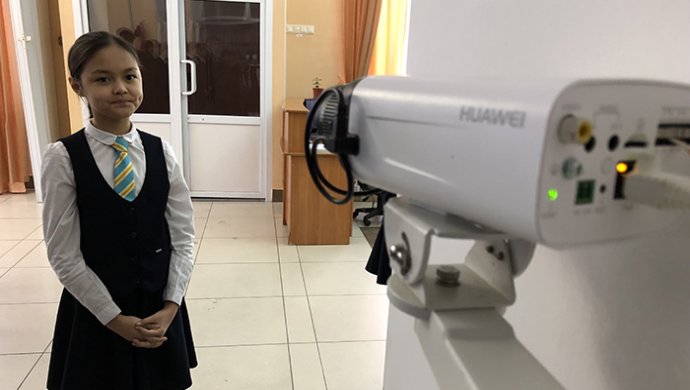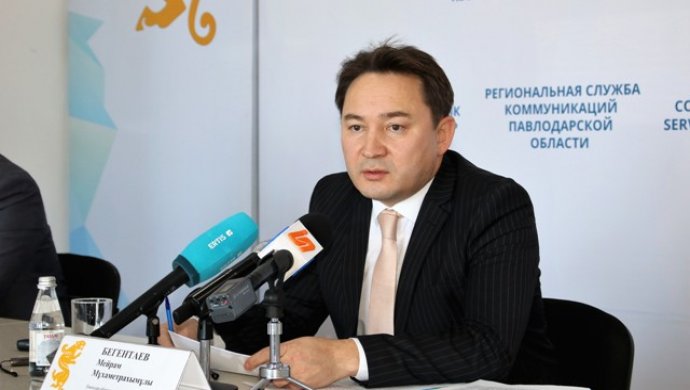ASTANA – The Pavlodar region is building its smart cities by introducing 74 education, healthcare, culture and social projects as part of the Digital Kazakhstan initiative, reported the regional press service.
The region is participating in a pilot programme on digitisation in education by introducing an electronic queue in preschool educational organisations, according to the Smart Pavlodar project. The face recognition system also operates at the Zhas Daryn School for gifted children and the fingerprint payment solution is offered at public school No. 16.
“We are creating a unified educational information system. Currently, 366 out of 371 schools in the region use this system. The remaining five schools will join in the near future. The Bilim Land system, a digital educational resource featuring 315 online and 55 offline courses, is available in 370 educational institutions. The number of online lessons viewed has reached 700,000 in the last three months,” said Pavlodar region Deputy Akim (Governor) Meiram Begentayev at the March 13 Central Communications Centre press briefing.
He noted the need to eliminate the shortcomings related to digitisation.
“The innovative solutions, first of all, should be convenient for people. For example, teachers have to fill in electronic and paper grade books. In accordance with the current regulatory and legal acts, grade books must be in a written format. As a result, teachers are required to fill in two documents. Today, they have a choice to choose electronic or paper format. However, the electronic grade book system is convenient. It allows spending much less time putting a tick in the necessary boxes. We need more effective approaches,” he added.
The same situation prevails in healthcare. Physicians spend twice as much time on paperwork as seeing patients. The electronic filing system must be by default.
Today, 32 of 35 healthcare organisations are connected to the region’s medical information system and the remaining hospitals will join by April 1. Creating a single database of personal medical data for residents is currently underway and will be integrated into the Ministry of Healthcare database. There are also plans to organise information system training for medical workers and provide the latest computer equipment in hospitals and clinics. The archival paper documents will be converted into digital format.


